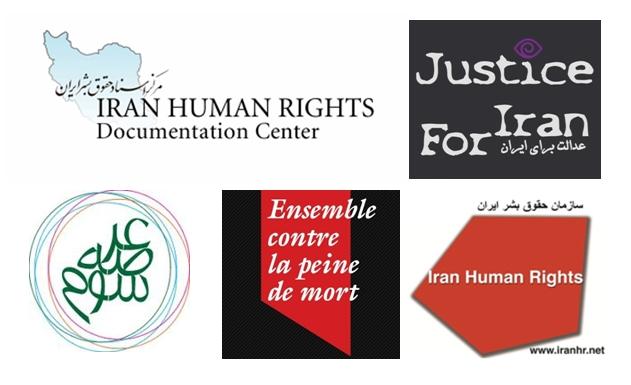July 29, 2013
Narges Bajoghli recounts her problems gaining access to safe contraceptives in Iran. She writes, "I knew that Western sanctions against Iran had made it difficult if not impossible to procure many vital medicines...But I never thought there would be shortages of medicines as routine as birth control."






